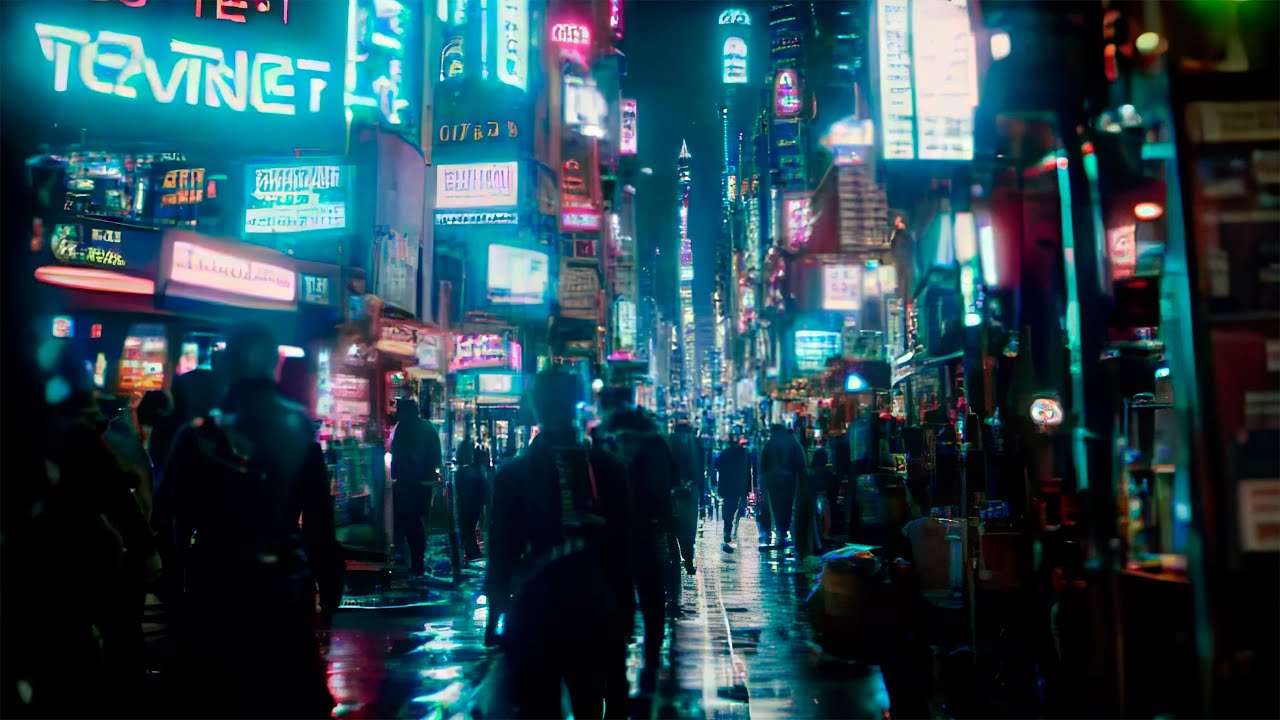The Birth of Cyberpunk Literature
Cyberpunk's birth can be traced to a combination of literary movements, social changes, and technological advancements that coalesced into a distinct and influential genre.
The seeds of cyberpunk were sown in the New Wave science fiction movement of the 1960s and 1970s. This movement, characterized by its experimental narrative techniques and focus on social and psychological themes, was a response to the more traditional, hard science fiction of earlier decades. New Wave writers like J.G. Ballard, Harlan Ellison, and Philip K. Dick challenged the conventions of the genre by exploring the darker and more complex aspects of human existence.
Philip K. Dick, in particular, played a crucial role in laying the groundwork for cyberpunk. His works, such as Do Androids Dream of Electric Sheep? (1968) and Ubik (1969), explored themes of reality, identity, and the blurred line between human and machine. Dick's paranoid and dystopian visions, often featuring oppressive corporate entities and unreliable perceptions of reality, would become central motifs in cyberpunk literature.
The genre of cyberpunk as we know it today was firmly established with the publication of William Gibson's Neuromancer in 1984. This groundbreaking novel introduced readers to the concept of "cyberspace," a virtual reality matrix where data and consciousness merge. Neuromancer is set in a world dominated by powerful corporations, where hackers (or "cowboys") navigate the virtual landscape to carry out their heists and infiltrations.
Gibson's Neuromancer was a revelation, blending hard-boiled noir with high-tech futurism. It not only defined the cyberpunk aesthetic—rain-soaked cityscapes, neon lights, and cybernetic enhancements—but also established many of the genre's core themes: the relationship between humanity and technology, the decentralization of power, and the exploration of identity in a fragmented, postmodern world.
Neuromancer was a critical and commercial success, winning the Hugo, Nebula, and Philip K. Dick Awards. Its impact on science fiction was immediate and profound, inspiring a generation of writers and filmmakers to explore the possibilities of a cybernetic future.
While Neuromancer is often credited with popularizing cyberpunk, it was not the only influential work in the genre. Several other authors and novels contributed to the development of cyberpunk, each bringing their unique vision to the genre.

Bruce Sterling is often regarded as the co-founder of cyberpunk, thanks to his novel Schismatrix (1985) and his work as the editor of the Mirrorshades anthology (1986). Schismatrix explored the conflict between two factions—Shapers, who modify their biology through genetic engineering, and Mechanists, who rely on cybernetic enhancements. Sterling's work emphasized the political and social implications of technological evolution, making it a key text in the cyberpunk canon.
John Shirley's Eclipse Trilogy (1985–1990) also played a significant role in shaping cyberpunk literature. The trilogy presents a dystopian future where the United States has fragmented, and Europe is dominated by corporate and fascist regimes. Shirley's work is notable for its gritty realism and exploration of political themes, making it a touchstone for the genre.
Another important figure is Pat Cadigan, whose novel Synners (1991) delved into the implications of neural interfaces and the commodification of consciousness. Cadigan's work often focused on the intersection of technology and human experience, exploring how advancements in virtual reality and cybernetics could alter the very fabric of society.
Conclusion: The Lasting Legacy of Cyberpunk:
Cyberpunk literature has left an indelible mark on the science fiction genre and popular culture as a whole. Its influence can be seen in the way we think about technology, the future, and our relationship with machines. The genre's emphasis on the darker, more complex aspects of technological advancement continues to resonate in an increasingly digital and interconnected world.
From the pioneering works of Philip K. Dick and William Gibson to the evolving subgenres that followed, cyberpunk has challenged us to question the impact of our technological creations and consider the ethical implications of a world where the line between human and machine grows ever thinner. As technology continues to advance, the themes and ideas explored in cyberpunk literature remain as relevant as ever, ensuring that the genre will continue to inspire and provoke for years to come.
--
